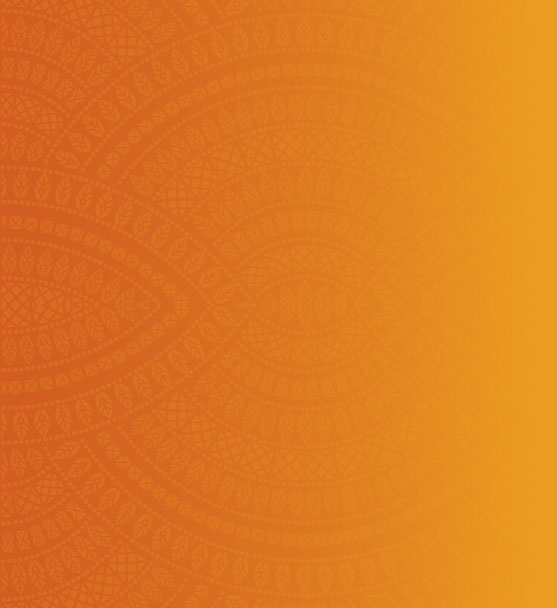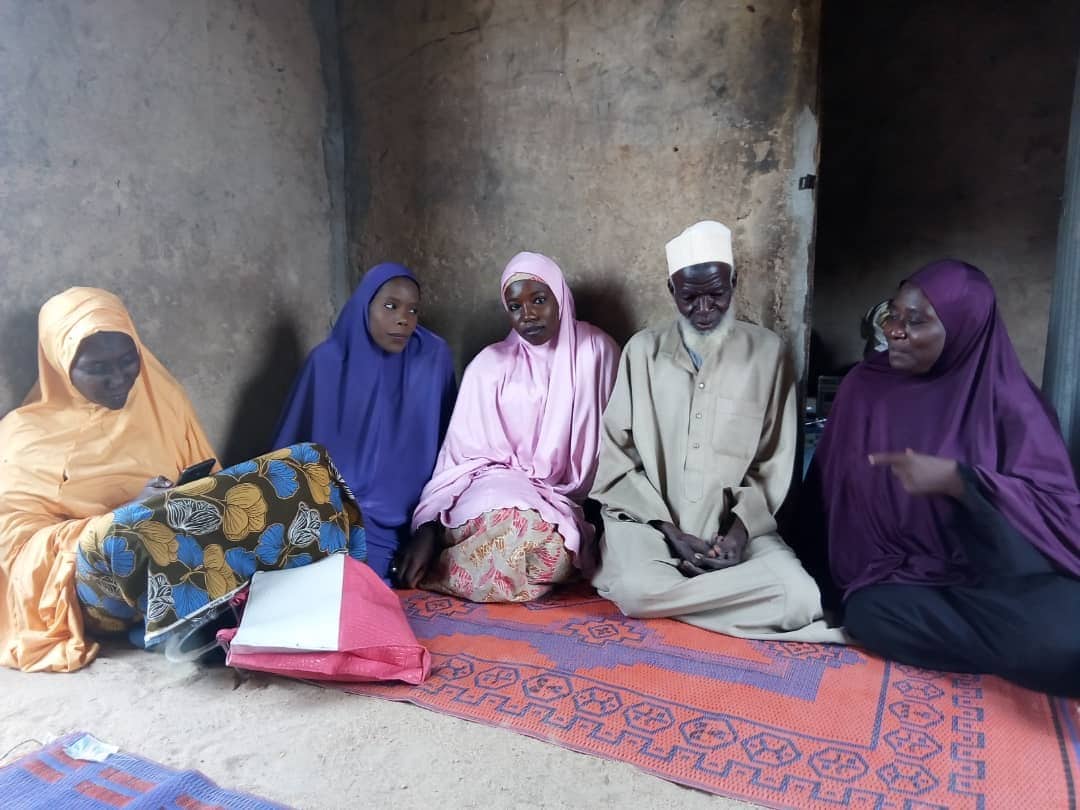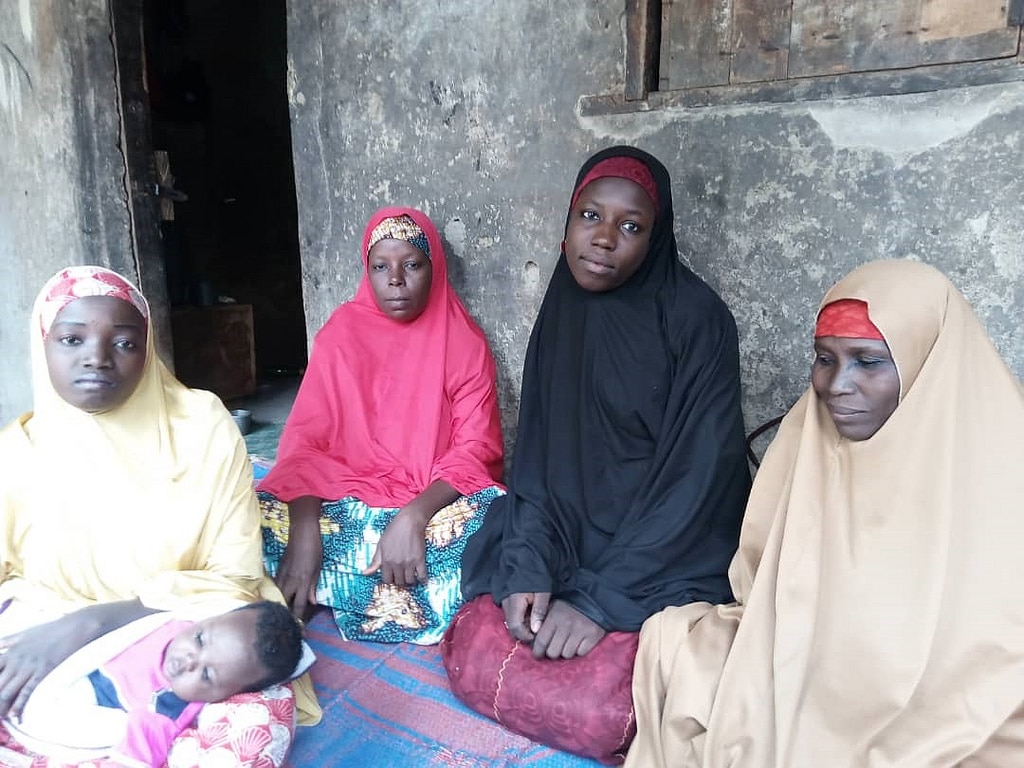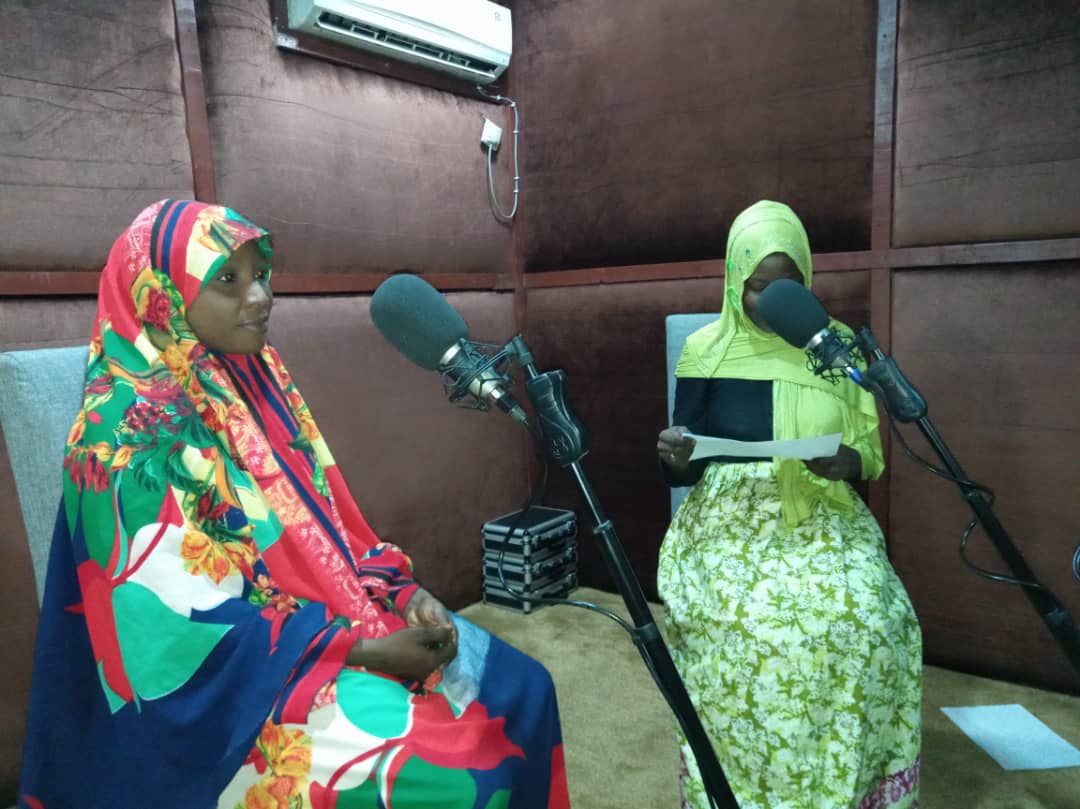

Boko Haram survivor dramatically reunited with family through radio program
Hana* is a survivor of Boko Haram who was dramatically reunited with her family through an EAI radio program.

Hana* fidgets with her fingers as she stares off into the distance. When her gaze returns, her face is solemn, eyes are worn, she takes a big breath and begins to recount how it felt to be held hostage by Boko Haram for three years.

Hana and several other young women were kidnapped during a violent attack on her village near the city of Maiduguri — one of a hundred such attacks orchestrated by the group, part of its bloody decade-long insurgency in northeastern Nigeria.
She is one of the thousands of Nigerian boys and girls that have been kidnapped to sustain the group’s armed operations in the Lake Chad region. Already an orphan, Hana witnessed her husband’s murder and watched helplessly as her extended family fled the attack — without her. For the next three years, she would remain in the hands of the insurgent group isolated and alone. Finally, Hana was rescued by the Nigerian Security Forces and sent to an internally displaced persons (IDP) camp in Dikwa, Borno State.
In the IDP camp, Hana was surrounded by families and young people who had been fed a constant barrage of violent ideology. None of them knew how to rebuild a “normal” life. When Hana first arrived she hoped she would find her family — but they were not there.

Reunited by Radio
Hana began listening to Ina Mafita (The Way Forward), a 30-minute weekly radio talk show, where youth discuss the issues they are struggling with. Like many in the camp, Hana listened to the show and shared her thoughts in an Equal Access International (EAI) facilitated Listening Discussion and Action Group (LDAG) led by a community reporter who used the program as an opportunity to create connection and spur conversation among displaced youth.
“I wished that the Ina Mafita producers could hear my story and air it so that my relatives might tune in and find me,” Hana told EAI’s community reporter.
The EAI team decided to record Hana’s story and have it broadcast on Ina Mafita through Borno Radio. Lo and behold, before the program had even ended, Hana’s family members arrived at the radio station. They had been listening to the program and had been overjoyed to hear Hana’s voice and learn that she was alive.
Ina Mafita is one of EAI’s original radio programs that tens of millions of Nigerians tune into weekly. The program is a critical component of EAI’s countering violent extremism (CVE) messaging hub in the Lake Chad region, which is amplifying positive voices and visions for northern Nigerians.
EAI’s CVE messaging works by building bridges between diverse community members and cultivates narratives that recognize individual and collective empowerment. EAI programming is grounded in a positive, asset-based theory of change designed to strengthen the leadership and capacity of emerging peace ambassadors, specifically youth and women, through locally resonant programming — including tech camps, participatory media, hackathons, and peace fellowships.
Farar Tattabara (White Dove), is the original Alternative Messaging Hub program supporting inclusive dialogue on persistent drivers of conflict and youth-led programming, which strives to support a local peace movement by combining high-touch leadership and tech training with radio programming that speaks to key issues the community has identified are the biggest drivers of violence and recruitment. The radio and community engagement programming are coupled with a digital campaign across all 19 states in northern Nigeria. EAI has replicated, adapted, and scaled our Alternative Messaging Hub model from northern Nigeria to the southern Philippines and Somali-speaking East Africa.
*Name changed to protect identity.
The original version of this post appears in Exposure.